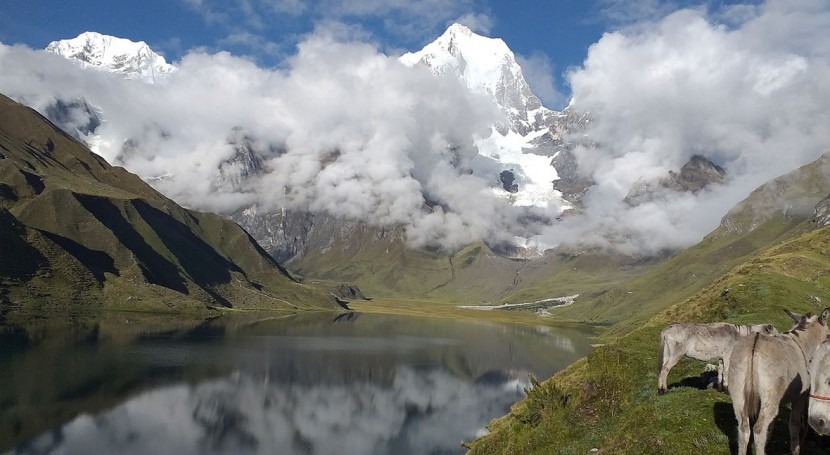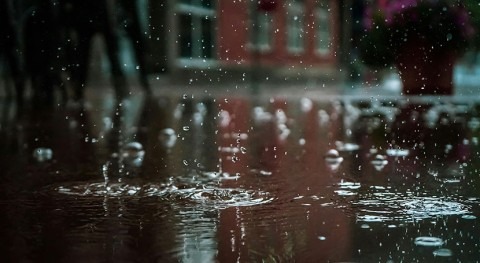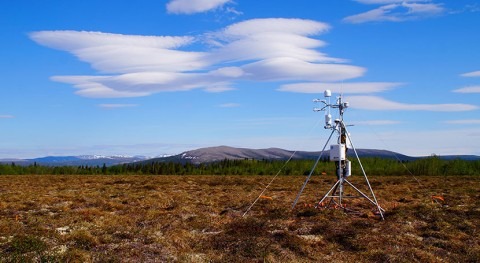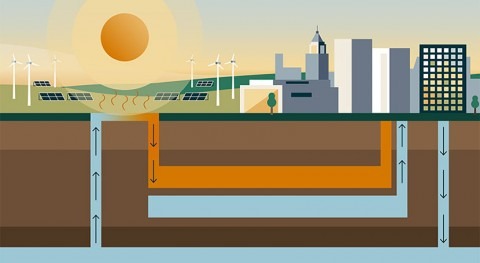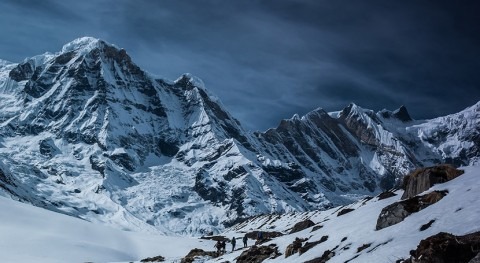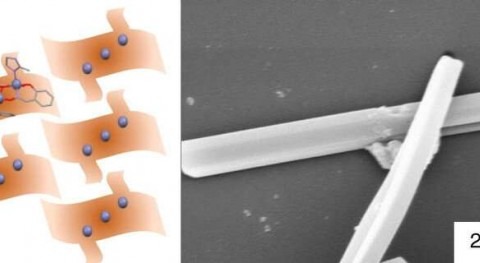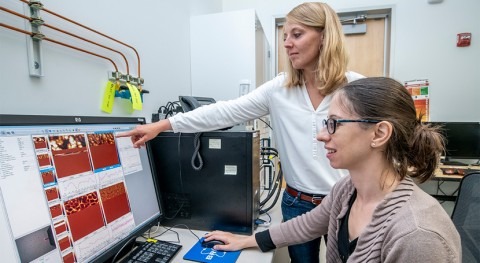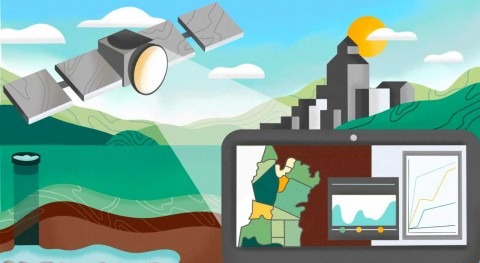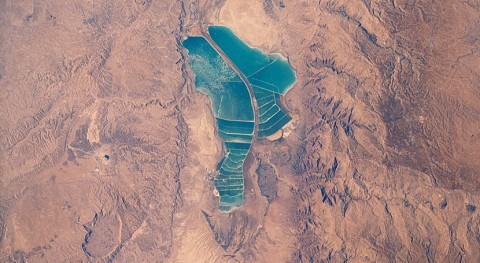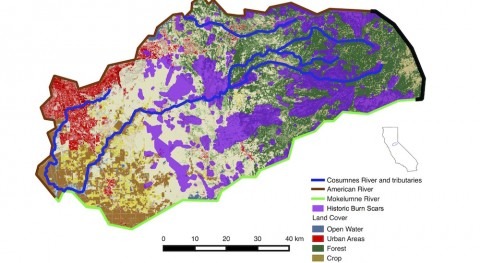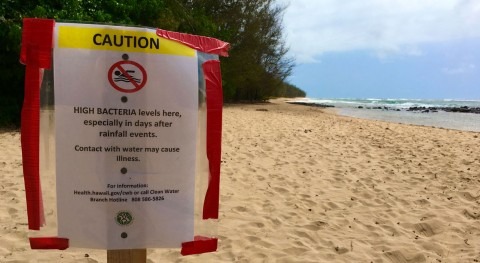Snowcapped mountains not only look majestic – They’re vital to a delicate ecosystem that has existed for tens of thousands of years. Mountain water runoff and snowmelt flows down to streams, rivers, lakes, and oceans – and today, around a quarter of the world depends on these natural “water towers” to replenish downstream reservoirs and groundwater aquifers for urban water supplies, agricultural irrigation, and ecosystem support.
But this valuable freshwater resource is in danger of disappearing. The planet is now around 1.1 degrees Celsius (1.9 degrees Fahrenheit) warmer than pre-industrial levels, and mountain snowpacks are shrinking. Last year, a study co-led by Alan Rhoades and Erica Siirila-Woodburn, research scientists in the Earth and Environmental Sciences Area of Lawrence Berkeley National Laboratory (Berkeley Lab), found that if global warming continues along the high-emissions scenario, low-to-no-snow winters will become a regular occurrence in the mountain ranges of the western U.S. in 35 to 60 years.
Now, in a recent Nature Climate Change study, a research team led by Alan Rhoades found that if global warming reaches around 2.5 degrees Celsius compared to pre-industrial levels, mountain ranges in the southern midlatitudes, the Andean region of Chile in particular, will face a low-to-no-snow future between the years 2046 and 2051 – or 20 years earlier than mountain ranges in the northern midlatitudes such as the Sierra Nevada or Rockies. (Low-to-no-snow occurs when the annual maximum water stored as snowpack is within the bottom 30% of historical conditions for a decade or more.)
The planet is now around 1.1 degrees Celsius (1.9 degrees Fahrenheit) warmer than pre-industrial levels, and mountain snowpacks are shrinking
The researchers also found that low-to-no-snow conditions would emerge in the southern midlatitudes at a third of the warming compared to the northern midlatitudes.
“These findings are pretty shocking. We assumed that both regions in the southern and northern hemispheres would respond similarly to climate change, and that the Andes would be more resilient given its high elevation,” Rhoades said. “This shows that not every degree of warming has the same effect in one region as another.”
In another major finding, the researchers learned that such a low-to-no-snow future coincides with roughly 10% less mountain runoff in both hemispheres, during wet and dry years.
“If you expect 10% less runoff, that means there’s at least 10% less water available every year to refill reservoirs in the summer months when agriculture and mountain ecosystems most need it,” Rhoades said.
Such diminished runoff would be particularly devastating for agricultural regions already parched by multiyear droughts.
California’s current drought is entering its fourth year. According to the U.S. Drought Monitor, more than 94 percent of the state is in severe, extreme, or exceptional drought. Shrinking groundwater supplies and municipal wells throughout the state are severely impacting the San Joaquin Valley, the state’s agricultural heartland.
And Chile – which exports approximately 30% of its fresh fruit production every year, with much of it shipped to the United States – is in the midst of a historic 13-year drought.


